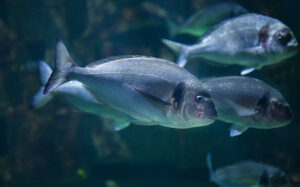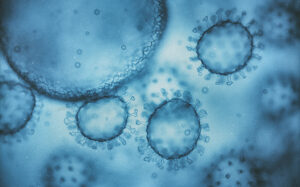Sound Science
How acoustic technologies are aiding fish health and welfare
Monitoring fish using sound is on the rise in aquaculture, meeting a need to accurately assess the health and welfare of farmed-fish populations in changing environments.
Reanalysis shows true identity of bacteria involved in lactococcosis cases
The bacterium Lactococcus petauri has played a more significant role in historical cases of the disease lactococcosis than was previously thought, new research suggests.
Understanding plankton threats to salmon requires a mix of old and new technologies
Using both “traditional” microscopy and environmental DNA (eDNA) analysis can help paint a complete picture of plankton threats to salmon aquaculture, according to University of Glasgow research.
Simulation offers insight into emerging-disease spread on salmonid farms
A new computer simulation approach may help better understand how emerging diseases could spread across salmonid farms in England and Wales and the best measures to limit their impact.
New approach could improve understanding of farmed seabream welfare
Analyzing proteins from the skin mucus of gilthead seabream (Sparus aurata) could offer a promising, welfare-friendly route to monitor stress levels of the fish during production cycles.
Novel sampling reveals microbial changes during gill disease on Irish salmon farm
A non-lethal sampling method combined with cutting-edge molecular analysis has shed new light on microbial interactions in Atlantic salmon gills during a gill disease outbreak.

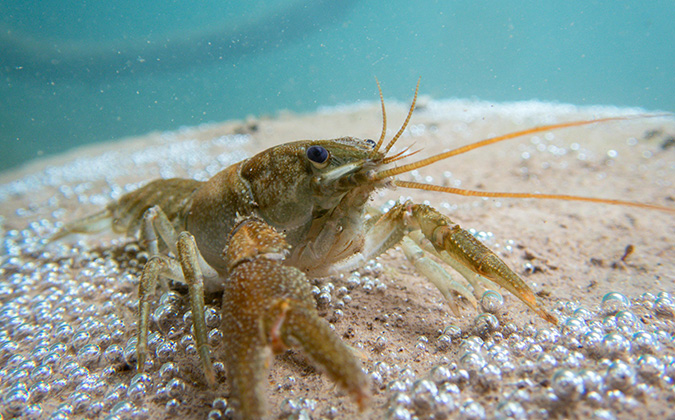
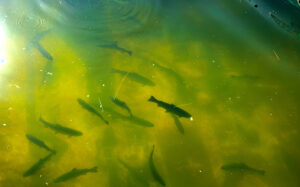
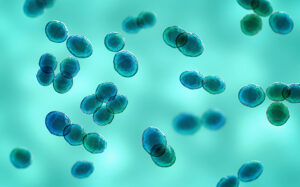
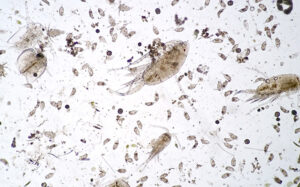
![Salmonid x[]](https://fishfarmforum.com/wp-content/uploads/2023/08/Salmonid-675x42038-1-300x187.jpg)
